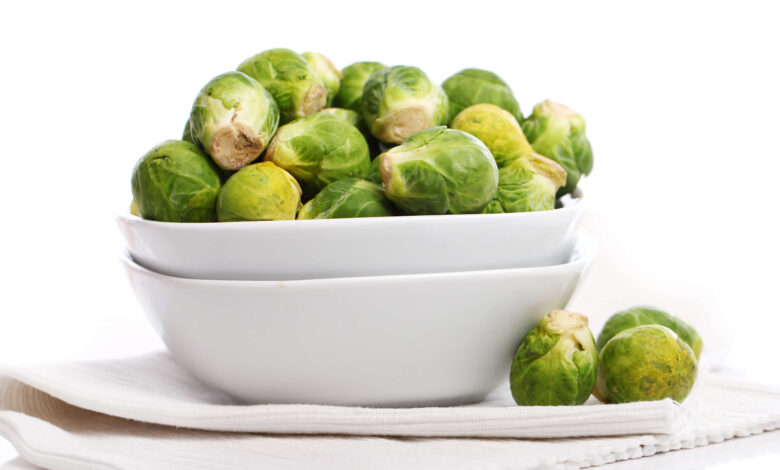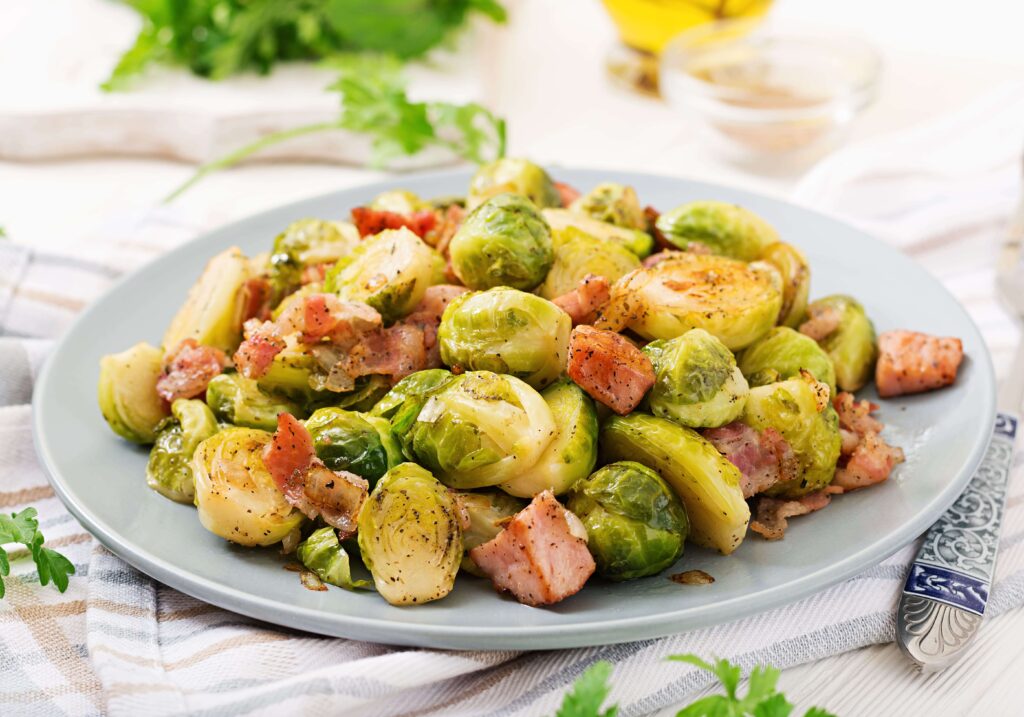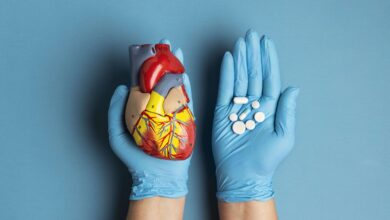Health benefits of eating Brussels sprouts

Brussels sprouts, the small, cabbage-like vegetables, have been long underrated and often feared by many people. However, these tiny, nutrient-dense powerhouses are packed with numerous health benefits that can have a positive impact on your overall well-being.
the top health benefits of eating Brussels sprouts:
Rich in nutrients:
Brussels sprouts are loaded with vitamins and minerals, including vitamin C, vitamin K, vitamin A, folate, manganese, potassium, and iron. They are also a good source of fiber and protein.
May reduce the risk of chronic diseases:
Studies have shown that consuming Brussels sprouts regularly may help lower the risk of chronic diseases such as heart disease, cancer, and diabetes. The high fiber content in Brusselssprouts can help lower cholesterol levels, while the antioxidants present in the vegetable may help protect against cellular damage and reduce the risk of cancer.
May aid in weight management:
Brussels sprouts are low in calories but high in fiber, which can help you feel full and satisfied after a meal. This can help reduce overall calorie intake and aid in weight management.
May improve gut health:
The fiber content in Brussels sprouts can also help promote healthy digestion and improve gut health. Brussels also contain glucosinolates, which are compounds that can help protect against harmful bacteria in the gut.
May improve bone health:
Brussels sprouts are an excellent source of vitamin K, which plays a vital role in bone health. Vitamin K is necessary for the production of osteocalcin, a protein that is essential for bone health and strength.
When it comes to incorporating Brussels into your diet, there are many delicious ways to enjoy this nutritious vegetable. You can roast them in the oven with a little bit of olive oil and seasoning, sauté them with garlic and lemon juice, or add them to a stir-fry or soup.

The most important health benefits of Brussels sprouts for the body:
May support healthy brain function:
Brussels sprouts are rich in vitamin K, which has been shown to have a positive impact on brain health. Research has suggested that vitamin K may help protect against age-related cognitive decline and improve cognitive function.
May reduce inflammation:
Chronic inflammation has been linked to a variety of health problems, including heart disease, diabetes, and cancer. Brussels contain compounds called glucosinolates and flavonoids, which have been shown to have anti-inflammatory properties.
May improve skin health:
The vitamin C content in Brussels sprouts can help promote healthy skin by supporting collagen production, which is necessary for healthy skin structure. Vitamin C also acts as an antioxidant, helping to protect the skin from damage caused by free radicals.
May support a healthy pregnancy:
Brussels sprouts are a good source of folate, which is essential for healthy fetal development during pregnancy. Adequate folate intake during pregnancy has been linked to a lower risk of birth defects and other complications.
May support a healthy immune system:
Brussels sprouts contain vitamin C, which is known for its immune-boosting properties. Vitamin C helps stimulate the production of white blood cells, which are important for fighting off infections and illnesses.
Brussels are a nutrient-packed vegetable that can offer numerous health benefits. Incorporating them into your diet can help support overall health and well-being, so don’t be afraid to give these tiny powerhouses a try.
In summary, Brussels sprouts are a versatile and nutrient-packed vegetable that can offer numerous health benefits. From supporting healthy digestion to promoting brain health, incorporating Brussels into your diet can help support overall health and well-being. So, next time you’re at the grocery store, don’t overlook these tiny, but mighty vegetables.



